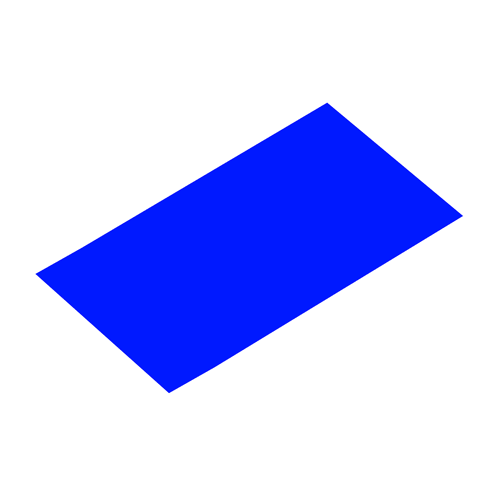Ci3 – Center for Industrial Innovation and Business Incubator
Escariz is a small village in the countryside of Portugal, with an economy marked essentially by the secondary sector (industry). It is becoming evident the need to promote the development and modernization of the industry and its export power. The City Council of Arouca has challenged us to develop a project for a Center for Industrial Innovation and Business Incubator (Ci3), with the purpose of establishing new co-operations between technological companies.
Here are four design fundamentals that led to this project:
Speed of construction – the entire building was designed based on Gomos System mixed with other prefabricated structures; the construction period will be five times faster in comparison to the traditional methods.
Flexibility – several scenarios of extension were anticipated according to future needs that, so far, no one can predict. The various compartments have different layouts and sizes, allowing the establishment of companies with different dimensions and needs. Connecting these compartments, the “yellow corridor” works not only as a circulation space but also as free space which informally extends the working and meeting areas.
Low construction price – this construction cost control is based on the modular solutions applied. In terms of material, these are not cheaper than the traditional building solutions. But given the associated construction speed, they end up much cheaper in terms of manpower and less prone to budget deviations. The “yellow corridor”, corresponding roughly to half of the building surface, is filled with very economical sandwich panels, whose coverage is supported directly on the Gomos modules, without the need for any additional structure.
Ecologically responsible approach – standard ecological measures were not economically justified, so we started to analyze the specific features of the building site and the project, and we found some environmentally sustainable valences:
- We will have a considerable high amount of greywater.
- The implantation area of 1400m2 will be considered as rainwater collector.
- The garden area of approximately 5000 m2 will require a high amount of water consumption for irrigation.
- Due to the implantation, the building faces west, which requires a high amount of energy for cooling purposes.
- The compartments of the façade may act as “air tunnels” between exterior and the yellow corridor to improve the natural air circulation and accommodating the interior climate.
In regards of these circumstances, it will be possible to integrate a wet zone in the garden next to the west façade, where the building’s greywater and rainwater will be collected and purified through the process of phytoremediation*. The clean water will evaporate, refresh the air and the interior climate due to the wind and the action of the suction effect reinforced by ventilators in the corridor.
This way, with a single system (the “Phytoremediation lake”), it is possible to reuse the wasted water of the building and to improve its thermal comfort through natural ventilation (the “air tunnel”).
*Phytoremediation is a process that allows the purification of water through the action of selected plant species, which is an entirely natural process, without the need of chemical agents.

PROJECT INFORMATION
CLIENT: C.M. Arouca
YEAR: 2017
STATUS: in process
SIZE: 1800sqm
TYPE: offices
LOCATION: Arouca, Portugal
PROJECT LEADER: Samuel Gonçalves
TEAM: Giulia Mazzoletti, Inês Vieira Rodrigues
renderings © Alban Wagener
This project was designed with the GOMOS Building System.








